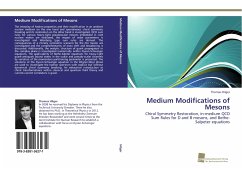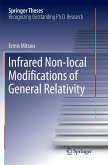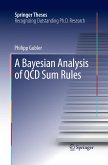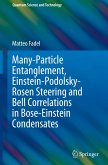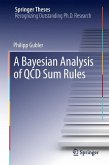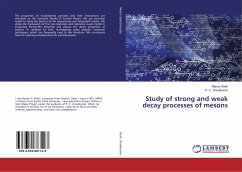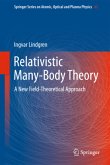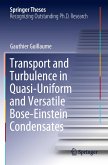The interplay of hadron properties and their modification in an ambient nuclear medium on the one hand and spontaneous chiral symmetry breaking and its restoration on the other hand is investigated. QCD sum rules for various heavy-light pseudoscalar mesons embedded in cold nuclear matter are evaluated, the impact of order parameters is investigated and Weinberg type sum rules are derived. The consequences of a chirally symmetric scenario for the rho meson are investigated and the complementarity of mass shift and broadening is discussed. Additionally, the analytic structure of quark propagators in the complex plane is investigated numerically within Dyson-Schwinger equations. The applicability of Bethe-Salpter equations for heavy-light quark-antiquark bound states in the scalar and pseudo-scalar channels by variation of the momentum partitioning parameter is presented. The solutions of the Dyson-Schwinger equation in the Wigner-Weyl phase are used to investigate the hadron spectrum with explicit but without dynamical chiral symmetry breaking. An exhaustive introduction to chiral transformations within classical and quantum field theory and current-current correlators is given.
Bitte wählen Sie Ihr Anliegen aus.
Rechnungen
Retourenschein anfordern
Bestellstatus
Storno

